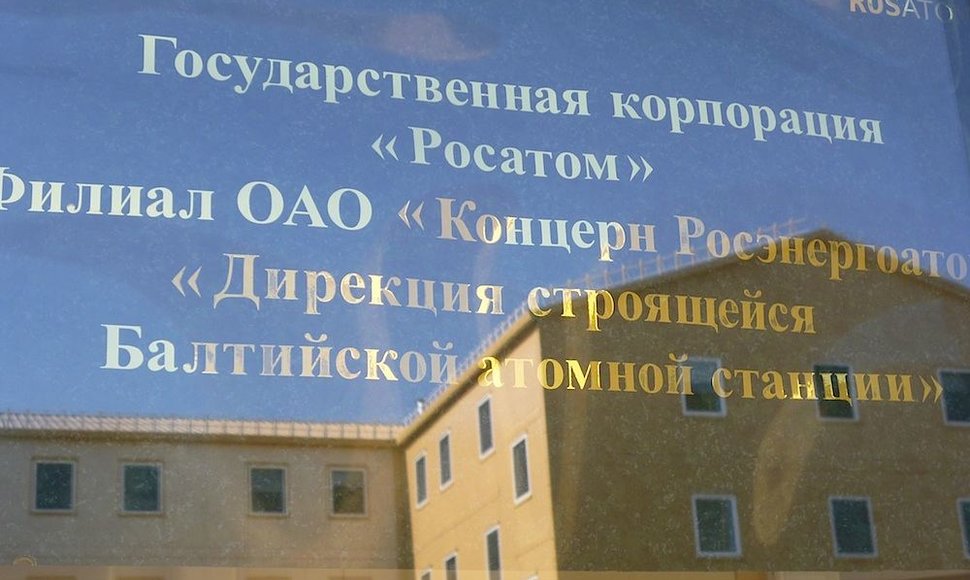These unanswered questions include how adequate cooling of the reactor will be ensured given that the site is 10-12 kilometers from the River Nemunas and what impact this will have on the river basin, and why findings of the seismic hazard analysis are based on the evidence gathered in 1983 and 1999 and why the 2004 earthquake was not taken into consideration, the Lithuanian Foreign Ministry says in a press release.
"Over the past three years, the Lithuanian authorities have officially requested Russia to answer these and other questions a dozen times. The last time was on July 12, 2013; however, no answers have been received yet," it said.
The statement was the Foreign Ministry's response to information published in the media on Monday that Russia's state nuclear power company Rosatom had sent the ministry a letter saying that it was Lithuania that did not want to cooperate.
Russia should adhere to the Espoo Convention, which requires that an environmental impact assessment should be carried out before a decision on whether the project can go ahead is taken, not vice versa, the ministry says.
Rosatom said in the letter to the ministry that Lithuania was the only country avoiding bilateral consultations on the Kaliningrad project and that Lithuania was getting answers to all of its questions.
Valery Limarenko, the CEO of NIAEP, the general contractor of the Baltic Nuclear Power Plant, said in June that the project had been temporarily suspended because the possibility of developing reactors of lower capacity, 680 megawatts instead of 2,300 MW, was being considered.












